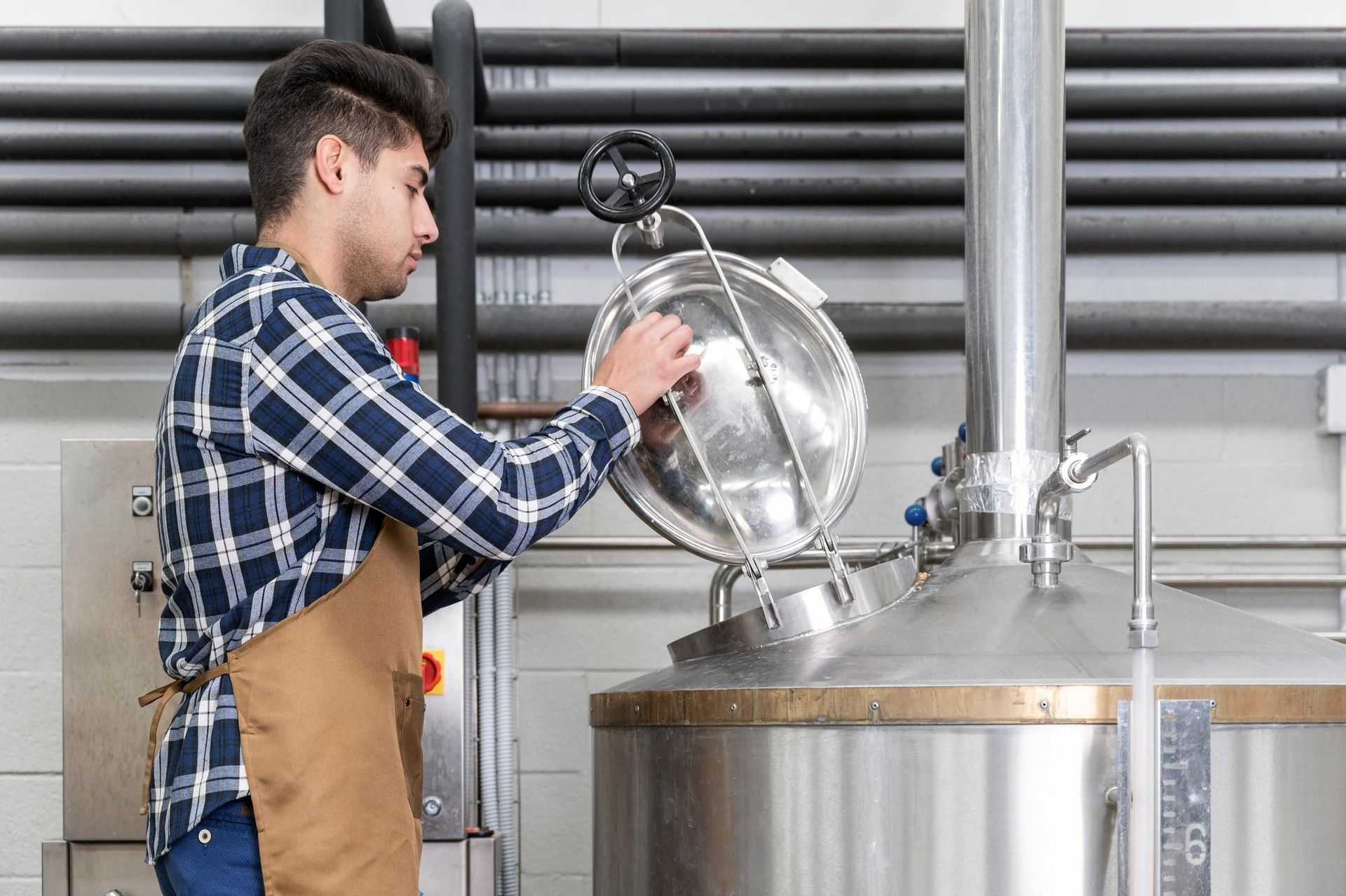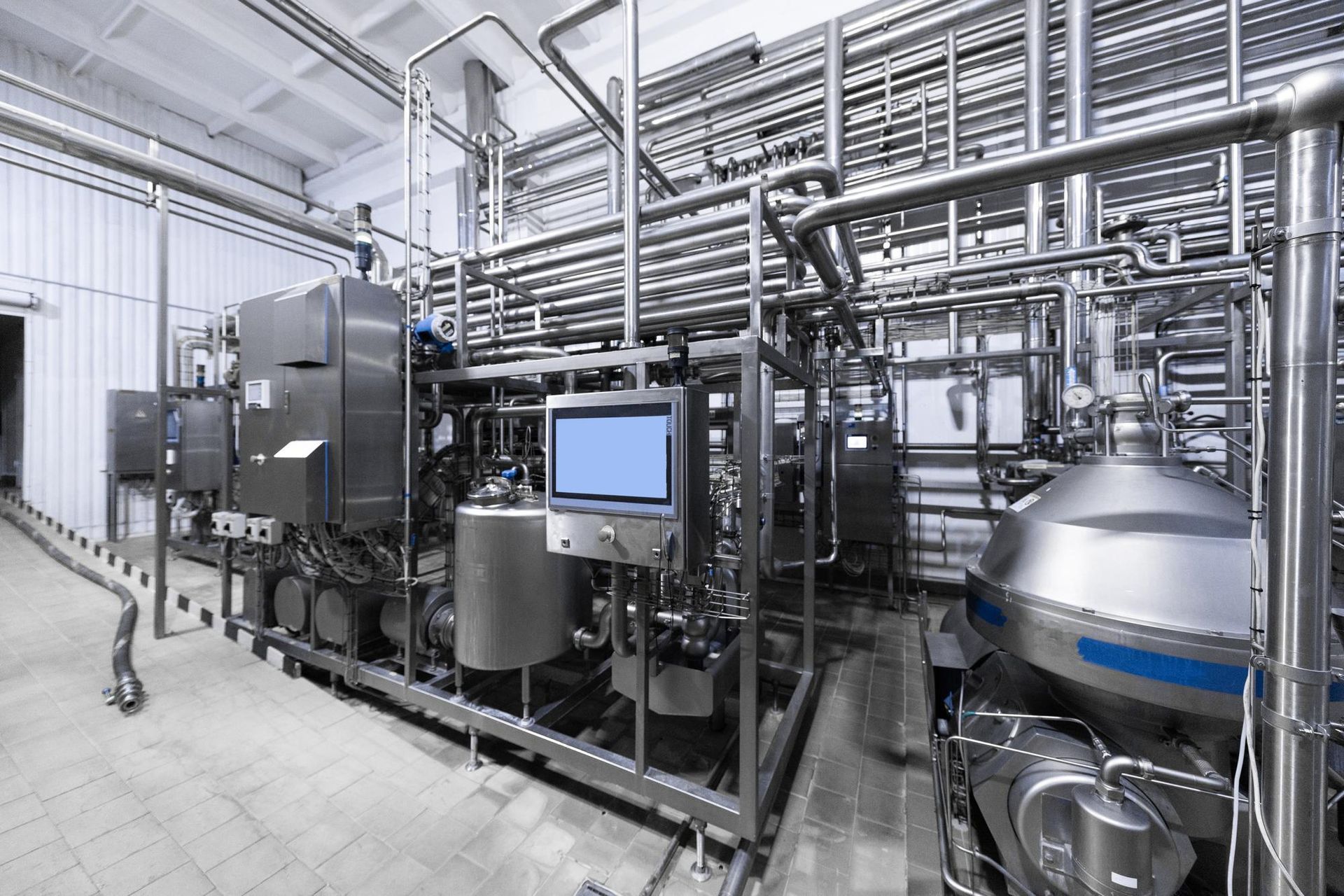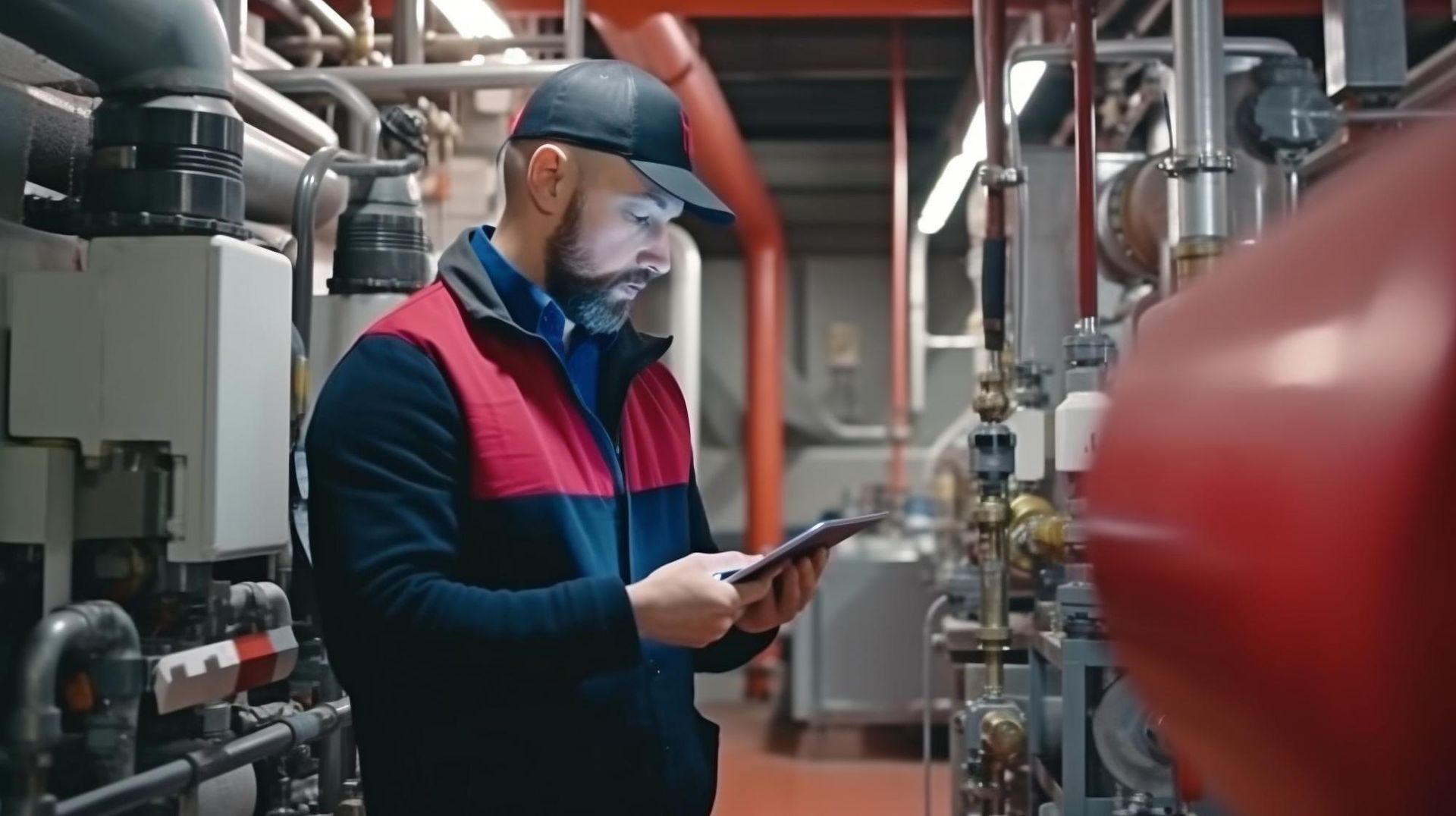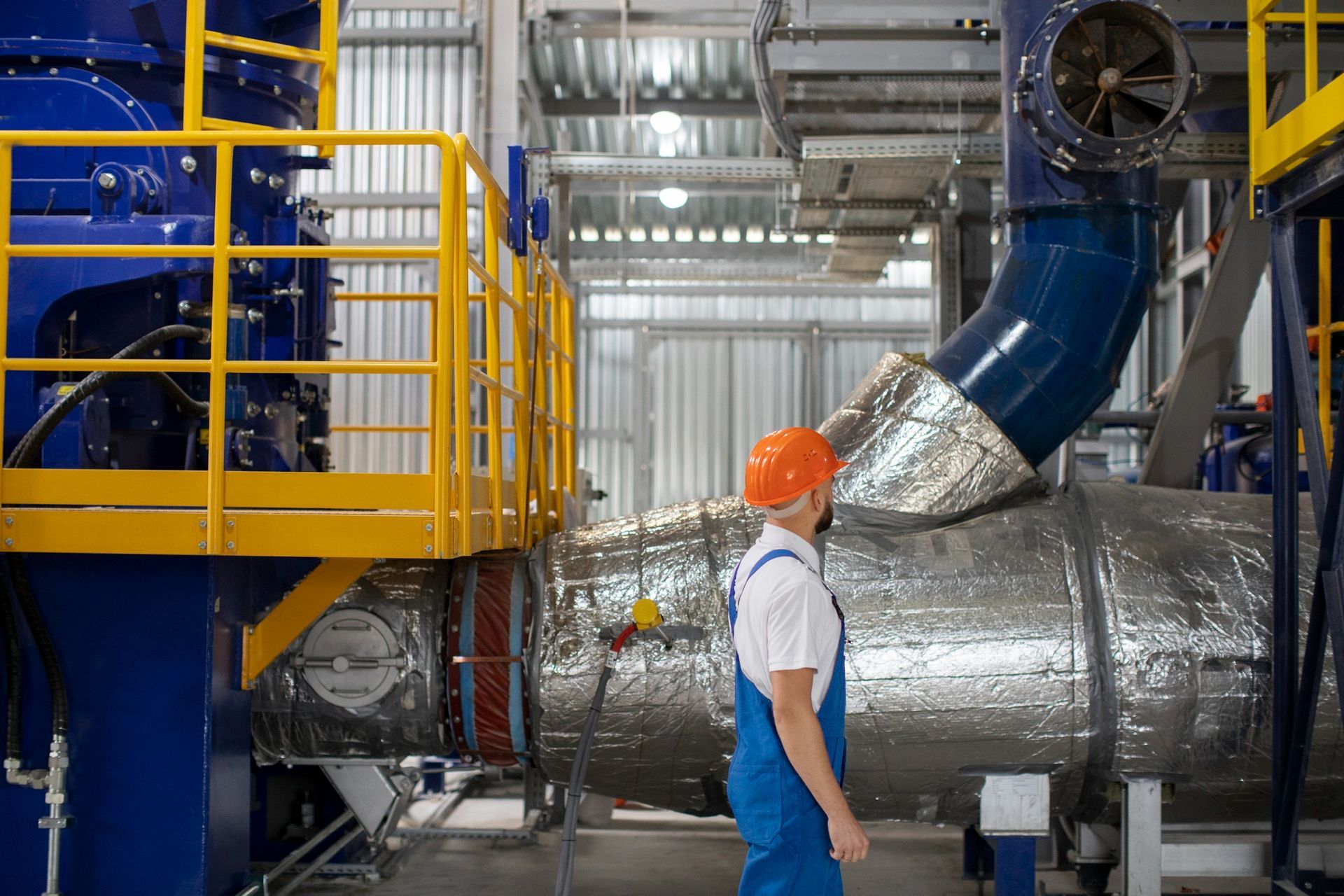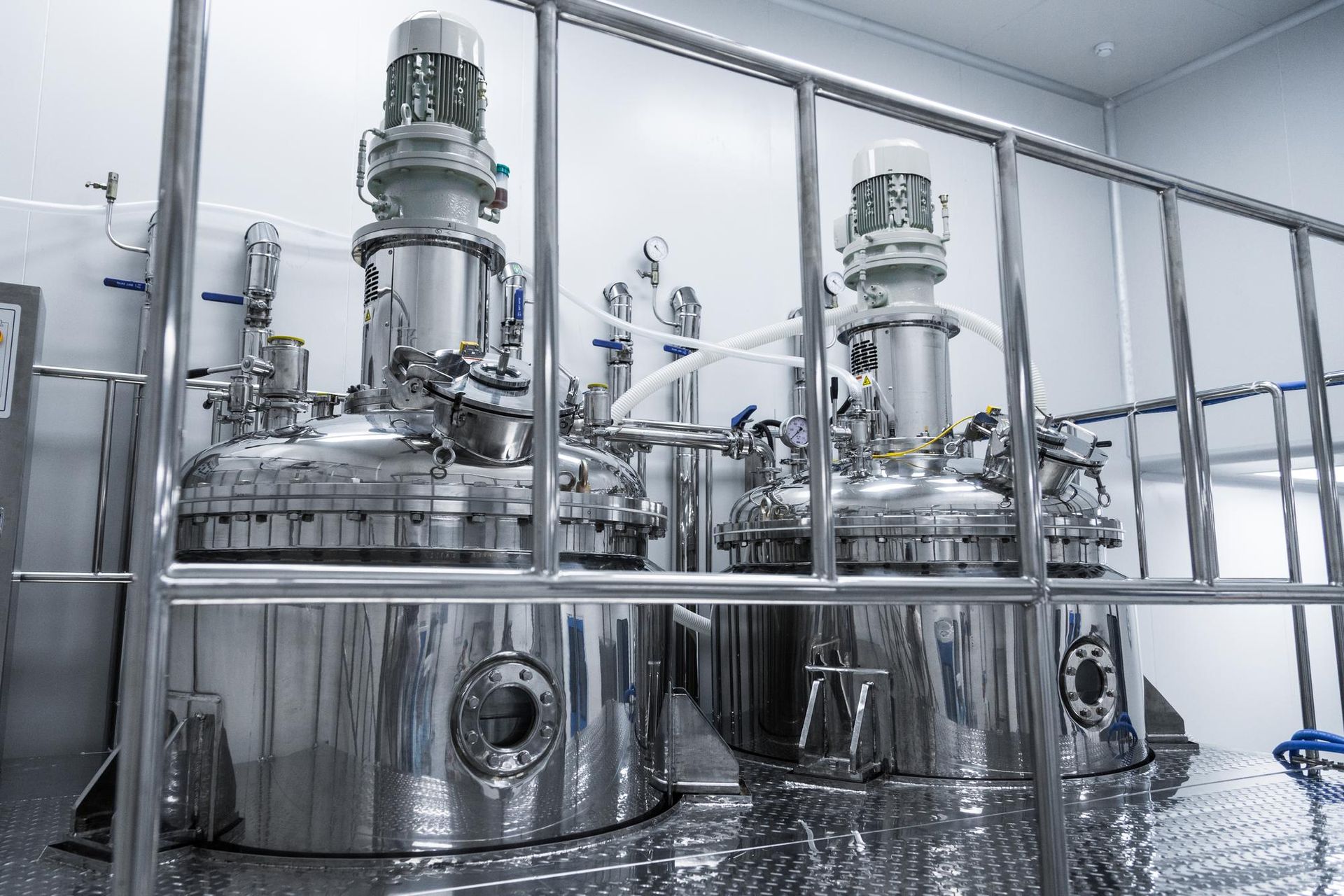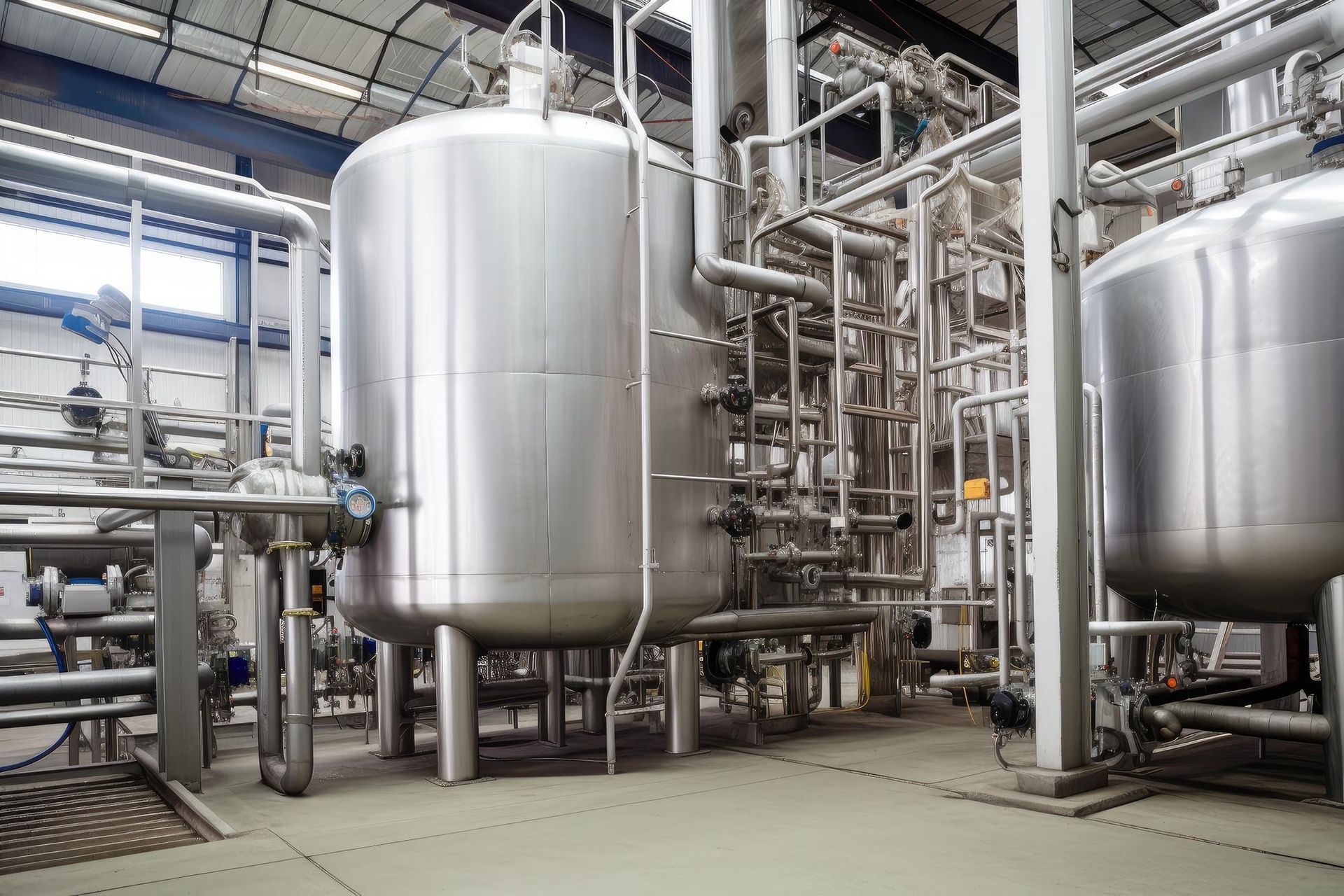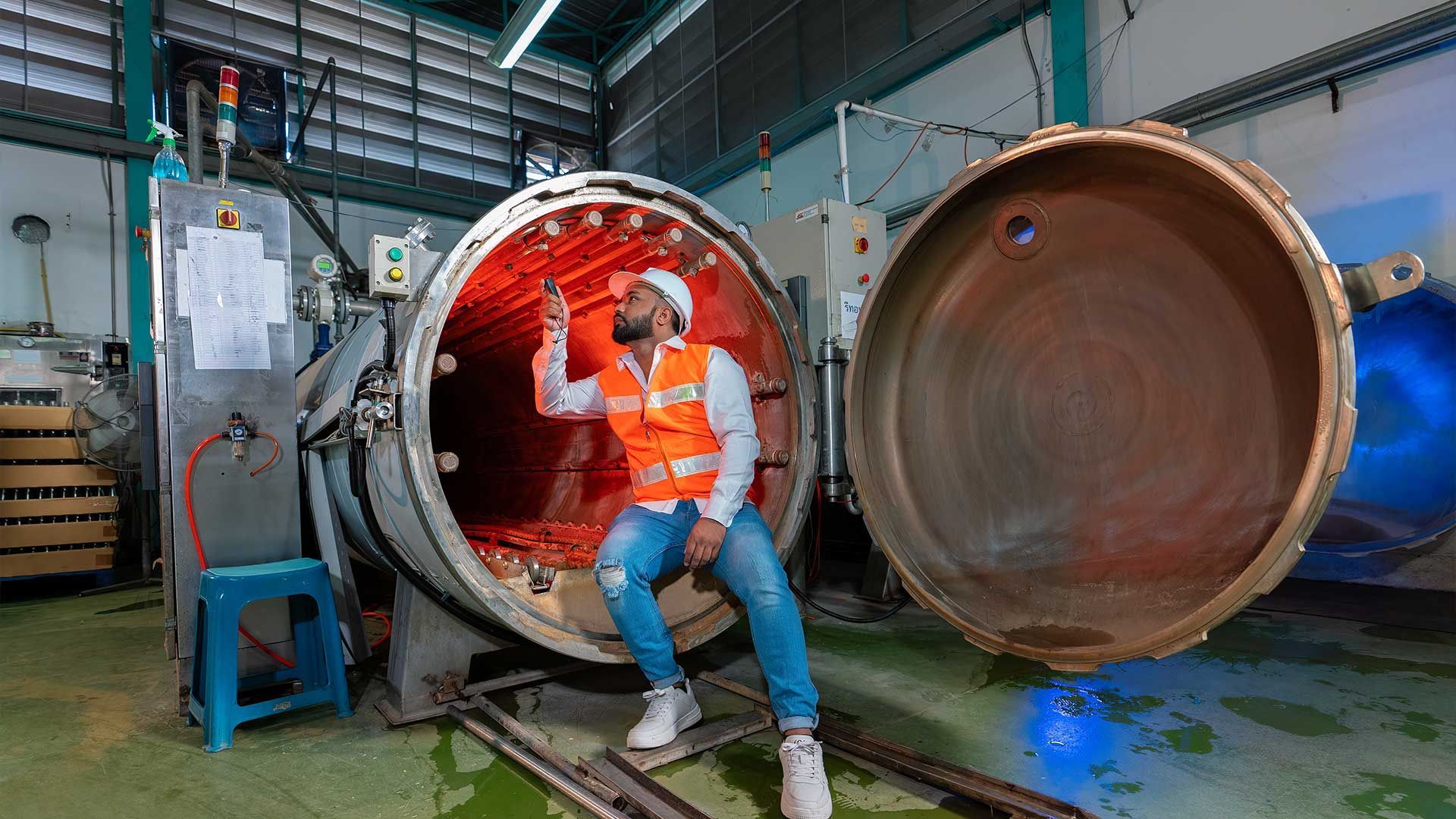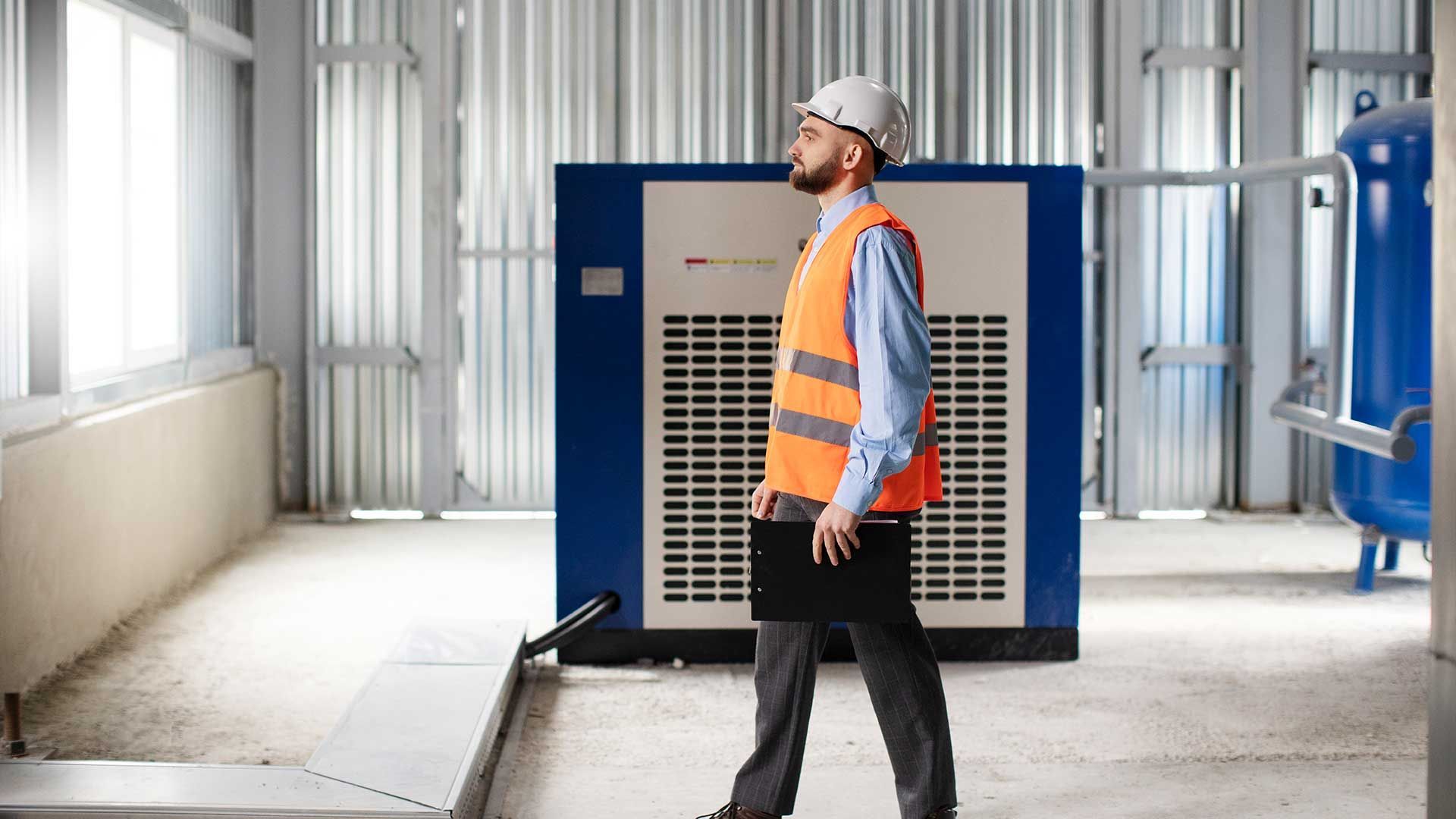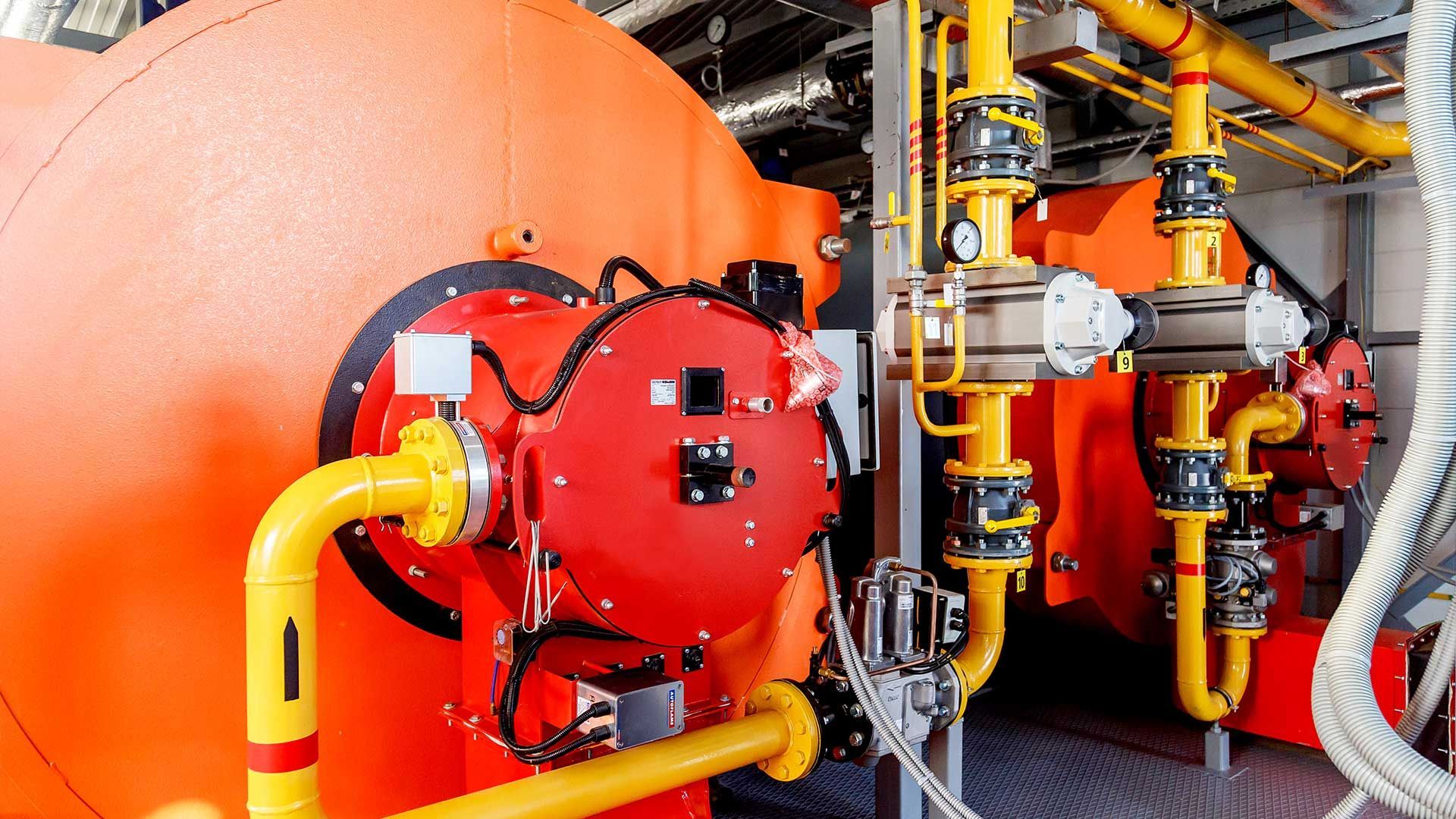Price Factors to Consider When Installing an Industrial Boiler
In the heart of every industry that relies on heating and power, an industrial boiler is the unsung hero, working tirelessly behind the scenes. These robust machines are pivotal for a myriad of operations, from manufacturing to processing plants, providing the essential steam or hot water needed for countless applications. However, the journey to integrating this powerhouse into an industrial setup begins with understanding the myriad of factors that influence the boiler installation cost. This article aims to shed light on these critical considerations, guiding businesses through the intricacies of installing an industrial boiler, ensuring they are well-equipped to make informed decisions that optimize performance and cost-efficiency.
Initial Purchase Price
Boiler Capacity and Size
The starting point for any discussion about boiler installation cost must invariably be the boiler's capacity and size. It's a straightforward equation: larger boilers with higher capacities command higher price tags. However, it's crucial to align the boiler size with your operational needs to avoid unnecessary expenditure or underperformance. Oversizing can lead to higher initial costs and operational inefficiency, while undersizing can compromise your process's effectiveness.
Boiler Type and Technology
The type of boiler you choose—be it fire tube, water tube, condensing, or non-condensing—plays a significant role in the installation costs. Each type comes with its own set of benefits and is suited to different applications. For instance, condensing boilers, known for their high efficiency, may come with a higher upfront cost but can lead to significant savings in fuel costs over time.
Fuel Type
The choice of fuel—gas, oil, electricity, or biomass—will not only affect the operational costs but also the installation expenses. Some fuels may require additional infrastructure, such as storage tanks or electrical upgrades, which can add to the boiler installation cost.
Efficiency Ratings and Environmental Considerations
Investing in a boiler with a high-efficiency rating might seem like a hefty upfront cost, but it's a decision that pays dividends in the long run through reduced energy bills. Moreover, environmentally friendly boilers, while potentially more costly initially, can offer savings in the form of tax incentives and lower emissions penalties.
Installation Costs
Site Preparation and Logistics
Preparing your site for a boiler installation involves various tasks, from clearing space to reinforcing structures, each adding to the overall boiler installation cost. Additionally, the logistics of transporting the boiler to your site, especially for larger models, can significantly impact the budget.
Infrastructure Modifications
The installation might require modifications to your existing infrastructure, such as pipework and electrical connections. These alterations are essential for ensuring that the boiler integrates seamlessly with your facilities, but they also contribute to the installation costs.
Labor Costs for Installation
The complexity of the boiler system dictates the labor required for installation. Specialized boilers may need skilled technicians for proper installation, influencing the labor costs. It's crucial to factor in these expenses when calculating the overall boiler installation cost.
Regulatory Compliance and Permits
Navigating the maze of regulatory compliance is a non-negotiable aspect of boiler installation. Ensuring your new boiler meets all local and federal regulations might necessitate additional expenses, from obtaining permits to potential modifications for compliance.
Operational Efficiency
When considering boiler installation cost, it's imperative not to overlook the operational efficiency of the system. Operational efficiency not only impacts the day-to-day running costs but also influences the long-term return on investment (ROI) of the boiler.
Fuel Consumption Rates
The efficiency of a boiler is largely determined by its fuel consumption rates. A more efficient boiler consumes less fuel to produce the same amount of energy, leading to significant savings on fuel costs over the boiler's lifespan. When selecting a boiler, it's crucial to consider the unit's efficiency ratings and how they align with your operational needs.
Maintenance Requirements
Regular maintenance is key to ensuring the longevity and efficiency of an industrial boiler. However, the complexity and accessibility of the boiler design can affect maintenance costs. Boilers designed with ease of maintenance in mind may have a higher initial boiler installation cost but can result in lower maintenance expenses over time.
Life Expectancy of the Boiler
The durability and life expectancy of the boiler are critical factors that affect its overall cost-effectiveness. Investing in a robust boiler with a longer life expectancy might increase the initial boiler installation cost, but it will pay off in the long run by delaying replacement expenses.
Availability and Cost of Replacement Parts
The availability and cost of replacement parts can significantly impact the total cost of ownership. Boilers that use standard, readily available parts can reduce maintenance and repair costs, making them a more cost-effective option in the long term.
Environmental and Safety Considerations
Environmental and safety considerations are increasingly important in industrial operations, affecting both the boiler installation cost and the operational expenses.
Emission Controls and Environmental Regulations
Boilers that incorporate advanced emission control technologies may come with a higher price tag but can result in lower environmental fees and penalties. Compliance with stringent environmental regulations not only protects the environment but can also enhance the company's reputation.
Safety Features and Equipment
The safety of boiler operations cannot be overstated. Advanced safety features and equipment add to the boiler installation cost but are essential for protecting the facility and personnel, as well as avoiding costly accidents and downtime.
Insurance Implications
Boilers with superior safety and environmental performance can positively influence insurance premiums. Insurers may offer lower rates for facilities that demonstrate a commitment to safety and compliance, thereby reducing operational costs.
Financing and Incentives
The financial strategy for covering the boiler installation cost can significantly affect the total expenditure and the ROI timeline.
Options for Leasing or Purchasing
Deciding whether to lease or purchase a boiler outright can impact both the initial and long-term financial outlay. Leasing can reduce upfront costs, while purchasing may offer long-term savings and asset ownership benefits.
Government and Industry Incentives
Many governments and industry bodies offer incentives for businesses that invest in energy-efficient or environmentally friendly boiler systems. These incentives can take the form of tax credits, grants, or rebates, offsetting the boiler installation cost and encouraging sustainable practices.
Tax Implications and Benefits
The tax implications of a boiler investment, such as depreciation and capital allowances, can influence the financial planning for the installation. It's important to consult with financial experts to understand the potential tax benefits related to the boiler investment.
Long-Term Costs and ROI
A comprehensive analysis of the boiler installation cost must include a consideration of the long-term costs and the expected ROI.
Total Cost of Ownership Analysis
Evaluating the total cost of ownership, which includes the initial purchase, installation, operational, and maintenance costs, provides a holistic view of the boiler's financial impact. This analysis can help businesses make informed decisions that balance upfront costs with long-term savings.
Energy Savings and Payback Period
Investing in a high-efficiency boiler can lead to substantial energy savings, which contribute to a shorter payback period for the initial boiler installation cost. The reduction in energy consumption not only lowers operational costs but also contributes to environmental sustainability.
Impact on the Business's Bottom Line
Ultimately, the decision to install a new industrial boiler should be aligned with the business's financial goals. The right boiler can enhance operational efficiency, reduce energy costs, and improve competitiveness, positively impacting the bottom line.
Case Studies/Examples
Real-world examples and case studies provide invaluable insights into the complexities and rewards associated with industrial boiler installations. These narratives not only highlight the challenges faced but also showcase the strategies businesses employ to optimize their boiler installation costs and operational efficiencies.
Real-World Scenarios of Industrial Boiler Installations
Exploring case studies where businesses have navigated the intricacies of selecting, installing, and operating industrial boilers can reveal common pitfalls and best practices. For instance, a manufacturing plant that transitioned to a high-efficiency condensing boiler might share details about the initial cost, the installation process, the operational savings realized, and the impact on their carbon footprint.
Cost Breakdowns and Lessons Learned
Detailed cost breakdowns in these case studies can offer a transparent view of the various components that contribute to the boiler installation cost. Businesses can learn from others' experiences, such as unexpected expenses in site preparation or how selecting a boiler with readily available parts can reduce long-term maintenance costs.
Success Stories of Energy-Efficient Upgrades
Success stories serve as a powerful testament to the benefits of investing in energy-efficient boiler systems. They can illustrate how businesses have achieved a significant reduction in energy consumption and operational costs, leading to a swift ROI and enhanced sustainability credentials.
Choosing the Right Supplier and Installer
The selection of the boiler supplier and installer is as critical as choosing the boiler itself. This decision can significantly influence the boiler installation cost, the smoothness of the installation process, and the long-term reliability of the system.
Criteria for Selecting a Boiler Manufacturer and Installer
When choosing a supplier and installer, consider their reputation, experience, and the after-sales support they offer. A reputable supplier should provide comprehensive information on the types of boilers they offer, including efficiency, fuel type, and environmental impact. Similarly, an experienced installer can ensure that the boiler is fitted correctly, adhering to all safety and regulatory standards.
Importance of After-Sales Support and Warranty
After-sales support, including maintenance services and warranty, is crucial for the ongoing reliability and efficiency of the boiler. Suppliers and installers who offer robust support and favorable warranty terms can significantly reduce maintenance worries and future costs.
Training for In-House Maintenance Staff
Ensuring that your in-house maintenance team is well-trained on the specifics of the new boiler system can lead to better operational efficiency and longevity of the boiler. Many suppliers and installers offer training sessions as part of the installation package, which can be a valuable investment in reducing future boiler installation costs and downtime.
Conclusion
Navigating the complexities of boiler installation cost requires a comprehensive understanding of not just the initial expenses but also the long-term operational and maintenance implications. From the initial purchase price, influenced by boiler capacity, type, and technology, to the installation costs, operational efficiency, and environmental considerations, every aspect plays a pivotal role in the total cost of ownership. Real-world case studies and examples offer practical insights, while the selection of the right supplier and installer is fundamental to ensuring the success of the installation.
At
Boiler Technologies Unlimited, we pride ourselves on being the leading service provider in Lithia, FL, for industrial boiler installations and services. Our expertise ensures that every installation is tailored to meet your specific operational needs, optimizing both performance and cost-efficiency. With a keen focus on innovation and sustainability, we guide businesses through the entire process, from initial consultation to post-installation support.
As industries strive for greater efficiency and sustainability, the decision to install a new boiler should be approached with a thorough analysis and strategic planning. We understand the significance of this investment and are committed to helping our clients make informed decisions that optimize their operational capabilities, minimize their environmental impact, and enhance their bottom line.
For the most current standards and recommendations on industrial boilers, their installation, and operational best practices, businesses can rely on us. Our team at Boiler Technologies Unlimited is dedicated to providing the highest quality service and expertise. Don't hesitate to reach out to us at
813-469-7733 for a consultation or more information on how we can assist with your boiler installation and service needs.
By partnering with Boiler Technologies Unlimited, you're choosing a provider that stands by your side every step of the way, ensuring that your boiler installation project is a success from start to finish.


